Nature in the city: turning knowledge into urban forestry practice
Nature in the city: turning knowledge into urban forestry practice
Urban Forestry is a transdisciplinary field, spanning from urban design to forest ecology, from socioeconomics to information and communication technologies. This course takes all these aspects into consideration, in order to provide you with a well-rounded knowledge of Urban Forestry.
Course description
The megatrends are clear: by 2050, 84% of the European population will live in urban areas, while air pollution and climate change will continue to harm the health of European citizens. Despite minor improvements, pollution levels that regularly exceed the European Union (EU) limits as well as heatwaves endanger the lives of especially young and elderly people. Urban forests are effective Nature-Based Solutions (NBS) that help mitigate the effects of climate change while improving air quality, urban temperature, and lifestyle of modern cities. Many global cities across the globe are setting ambitious urban reforestation targets while struggling to face related costs and citizens' engagement to meet current changing and future needs. On the other hand, urban planning and forest sciences have failed to provide interdisciplinary training to engage with innovative public-private urban forestry (UF) initiatives and trends. This course focuses on introducing the concept of Urban Forestry (UF), exploring the different and closely interrelated topics that constitute the foundations of this field. As Urban Forester, you will have to learn how to think and act with an interdisciplinary approach, cooperating with other specialized professionals to develop effective and sustainable solutions for our cities. In addition, you will learn to face the complex situations that are common when planning and managing forest and tree-based systems in urban and periurban environments. By attending this MOOC, watching and reading all the contents included, and participating in the activities proposed, you will improve your understanding of:
- what Urban Forestry is, the variety of disciplines involved and the competencies achieved;
- the importance of developing a transdisciplinary mindset to work in Urban Forestry;
- the main aspects to be considered while developing an Urban Forestry project
The course is designed as a choral MOOC based on the valuable experiences of international experts. Real case studies offer a compelling picture of challenges and strengths that needs to be considered when designing a new initiative on Urban Forestry. The MOOC is a component of the European Innovation Programme on Urban Forestry 4.0 dedicated to university students. To know more about the program and how to enrol, please visit Uforest Website.
This MOOC is provided by Politecnico di Milano in collaboration with Ente Regionale per i Servizi all’Agricoltura e alle Foreste (ERSAF), Etifor | Valuing Nature, The European Forest Institute (EFI), The Universitat Autònoma de Barcelona (UAB), CREAF, AGRESTA Forest solution for the future, Transilvania University of Brașov (UNITBV), Forest Design, Trinity College Dublin, Nature Based Solutions Institute, Green City Watch.
The total course workload is of 50 hours.
This MOOC is one of the outputs of the Erasmus+ Uforest project (No 621666-EPP-1-2020-1-IT-EPPKA2-KA).


Co-funded by the Erasmus+ Programme of the European Union
The European Commission’s support for the production of this publication does not constitute an endorsement of the contents, which reflect the views only of the authors, and the Commission cannot be held responsible for any use which may be made of the information contained therein.
Intended Learning Outcomes
On actively and successful completion of the MOOC, you will be able to:
-
understand, explain and discuss the concept of urban forestry and its key characteristics, and provide a broad yet comprehensive overview of key concepts in smart and sustainable city planning
ESCO: specialise in an area of history urban planning develop forestry strategies -
identify urban and peri-urban forestry categories and the main UPF design principles
ESCO: manage landscape design projects urban planning -
recognise ecosystem services provided by urban forests and differentiate between different ES
ESCO: sustainable forest management + forest ecology -
understand the basic concepts of forest ecology and management, tree inventory, forest monitoring, and how existing areas can be included in developing plans
ESCO: forest ecology analysing and evaluating information and data apply digital mapping manage forests -
recognise the complex nature of urban forest governance, the roles of different actors and stakeholders, and how to engage them to be participative
ESCO: sustainable forest management engage with stakeholders work within communities -
understand and explain the concept and practice of entrepreneurship in urban forestry, relevant impact indicators, and the dynamics underlying the formation and growth of entrepreneurial ventures
ESCO: show entrepreneurial spirit -
identify a range of different public and private ways to fund urban forestry initiatives and how to make them attractive for investment / grants
ESCO: funding methods -
develop a positive attitude towards new and challenging demands, showing a lively interest in novelty, openness to experience, exchange, exploration, and discovery
ESCO: demonstrate willingness to learn -
communicate and collaborate effectively in digital environments or with digital tools
ESCO: digital communication and collaboration
Prerequisites
No prerequisite knowledge is required for this course.
Activities
Throughout the MOOC, over and above consulting the content, in the form of videos, additional web-based resources and live event sessions, you will, through the forum or other digital tools that support sharing and comparing ideas, work on reflecting on the contents and experiences bring by the MOOC experts and improving your own experience taking into consideration the inputs emerged from discussions with peers. To obtain the certificate, you should complete the whole MOOC, read the additional resources and reply to Weekly quizzes. We strongly encourage you to take part in the activities and discussions that you find most useful and relevant for your own professional development. These activities guide you in:
- focusing or reflecting on specific inputs individually;
- interacting with the other learners during webinars and through external tools, like Padlet and Answer Garden;
- sharing and discussing experiences, challenges, and solutions with the aim to help and support professional development.
Section outline
-
In this Week you can deepen:
- The history and development of urban forestry across the world
- The concept and interdisciplinary character of urban forestry
- Green and resilient cities
-
In this Week you will deepen:
- Urban design principles
- Ecosystem services provided by Urban Forests
- Urban Forest inventory/mapping-tools
-
In this Week you will go into details of forest ecology and forest management
-
In this Week you will discover more about socioeconomics and governance and policy aspects
-
In this Week you will:
- explore how to build and grow entrepreneurial ventures
- Discover technologies for urban forestry
- understand how to funding a forest project
-
-
Glossary Page
-
Assessment
Your final grade for the course will be based on the results of your answers to the assessed quizzes. You have an unlimited number of attempts at each quiz, but you must wait 15 minutes before you can try again. You will have successfully completed the course if you score 60% (or higher) in each one of the assessed quizzes. The maximum score possible for each quiz is given at the beginning of the quiz. You can view your score in the quiz on your last attempt or on the 'Grades' page.
Certificate
You can achieve a certificate in the form of an Open Badge for this course, if you reach at least 60% of the total score in each one of the assessed quizzes and fill in the final survey.
Once you have completed the required tasks, you will be able to access ‘Get the Open Badge’ and start issuing the badge. Instructions on how to access the badge will be sent to your e-mail address.
The Badge does not confer any academic credit, grade or degree.
Information about fees and access to materials
You can access the course entirely free of charge and fully online.
Course faculty
This MOOC is the result of a proficient collaboration between many people, at an international level. Politecnico di Milano had the opportunity to enjoy working closely with the Uforest partners who contributes, with their expertise, to content development.
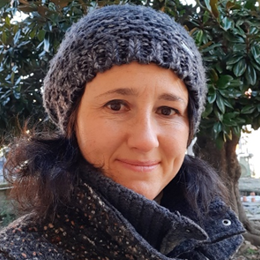
Erica Alghisi
She has a degree in Forestry and Environmental Science (University of Padua). She has worked in ERSAF - REGIONE LOMBARDIA since 2008, focusing on management, planning and directing forestal works such as felling and replanting, both in woodlands and in urban areas.
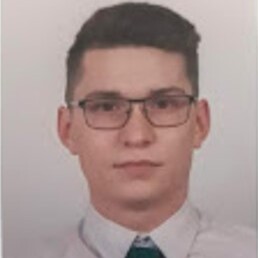
Sergiu Florea
He holds a degree in Forestry and a MSc degree in the international multipurpose forestry program from the Transilvania University of Brasov. His work involves the development and testing of remote sensing algorithms and technologies. Part of the Forest Design team, where the motto is „Nature in digital format!”.
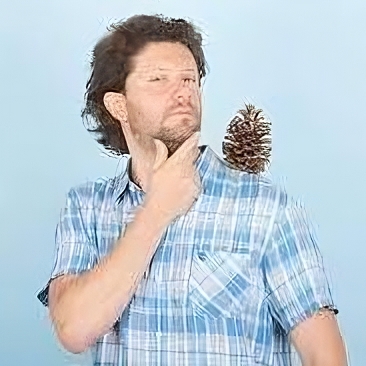
Riccardo Da Re
He is the Good Vibe Manager in Etifor, a spin-off of University of Padova, and a facilitator of participatory processes in several nature-based contexts. His background is in Statistics for the Demographic and Social Sciences, and he achieved a Ph.D. in Real Estate Appraisal and Land Use Economics.
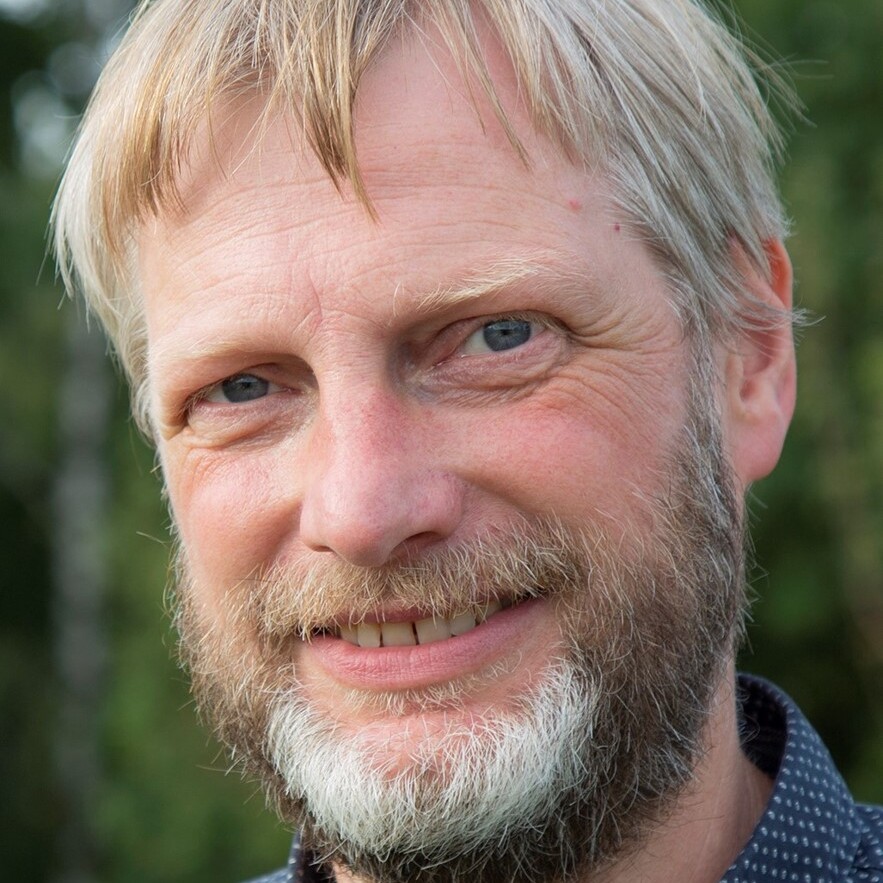
Rik De Vreese
He is urban forestry expert at the European Forest Institute (EFI). He has a MSc in Applied Biological Sciences (Major Forestry, UGent 2000) and holds a PhD in Human Ecology (Vrije Universiteit Brussel, 2018). He serves in the International Steering Committee of the European Forum on Urban Forestry (EFUF) as webmaster and social media coordinator. His research focuses on human-nature relationships, and how these relate to ES provision, ecosystem management, urban planning and governance in the (peri-)urban sphere.
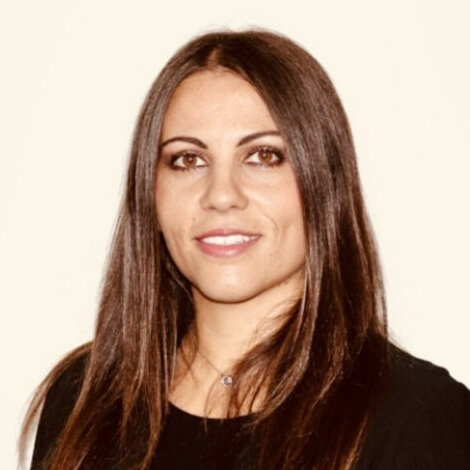
Francesca Di Pietro
Francesca Di Pietro is a senior Assistant Professor in Business Strategy at University Milano-Bicocca. She was an is Assistant Professor in Business Strategy at Trinity Business School, Trinity College Dublin. She was a Postdoctoral research fellow at LUISS Guido Carli University in Rome, Italy. She has been visiting scholar at Aalto University in Finland, HEC School of Management in Paris, and Cass Business School in London. She holds a Ph.D. in Management and Business Administration from University G. d’Annunzio, Pescara. Her main research interests are in the areas of Entrepreneurship and entrepreneurial finance.
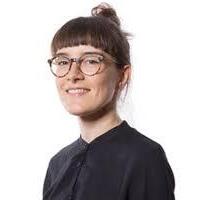
Ilaria Doimo
She holds a Bachelor degree in International Cooperation and Rural Development at University of Padova, a Master's degree in Economics of Natural Resources from the University of Roma Tre (Italy) and a Ph.D. at the TESAF Department of the University of Padua during which she focused on the human health-forest nexus focusing on the innovative theme of nature-based therapies and forest-based care practices. In between the studies she dedicated herself to discover social agriculture and urban regeneration through community-based agriculture projects, therapeutic horticulture, environmental education and organization of cultural events, collaborating with national NGOs. She is a cross-sectorial figure dedicated to the research and practice of innovative methods for the valorization of natural areas for their cultural ecosystem services, especially the promotion of green spaces for health & wellbeing. She has collaborated with ETIFOR since 2017.
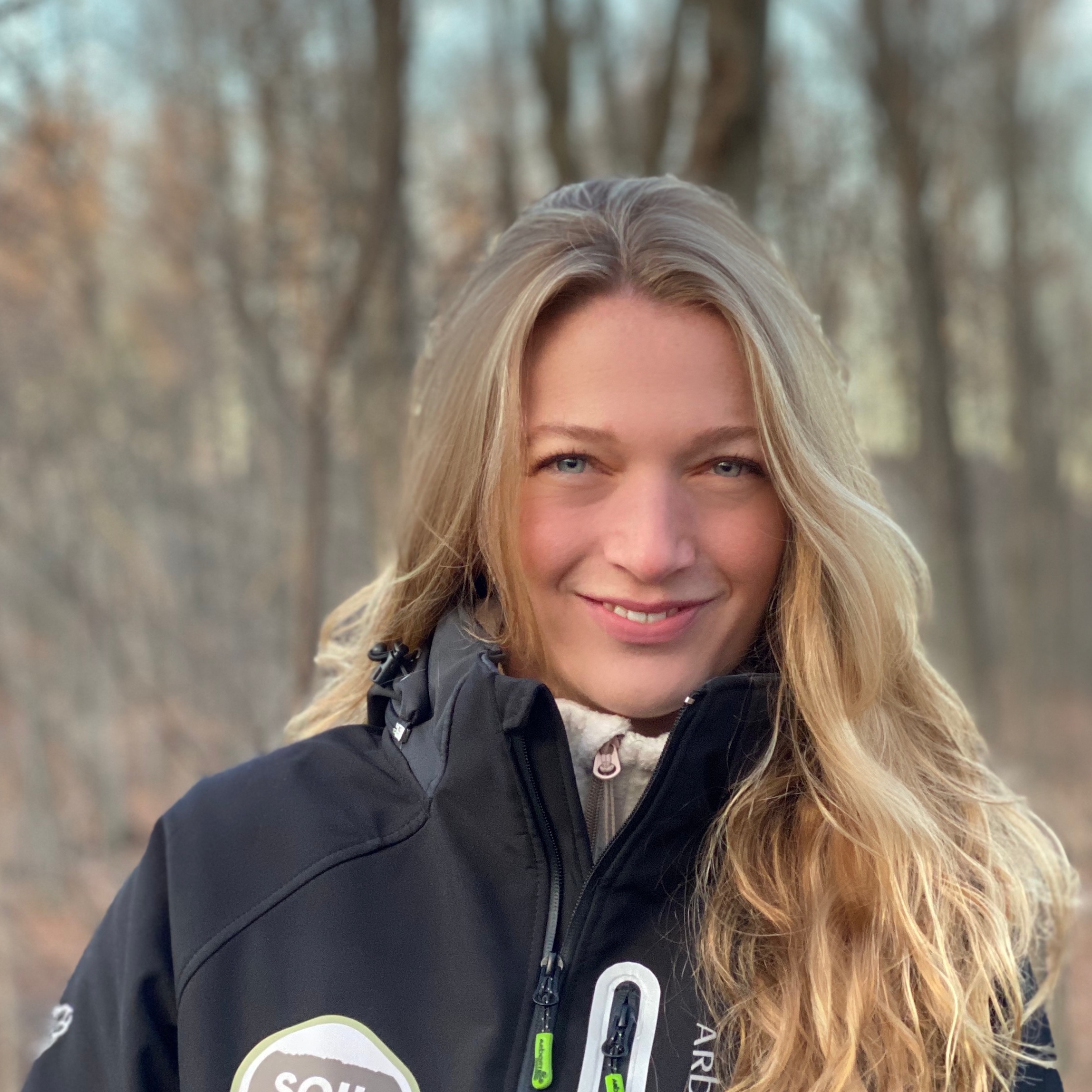
Nadina Galle
As an award-winning ecological engineer, driven by a love for ecology and a fascination with technology, Dr. Nadina Galle researches, develops, and brings to market emerging technologies to build better cities for people and nature. A concept she calls “Internet of Nature” (IoN). Nadina sees it as her mission to convey the importance of techno-ecological knowledge to the general public. She is a TEDx and keynote speaker, and host of the Internet of Nature Podcast. Nadina and her work have been featured by BBC Earth, National Geographic, Fulbright, Newsweek, ELLE, and the European Space Agency. Both Forbes and Elsevier selected her for their 30 under 30 lists.

Lara Giamporcaro
She’s a landscape architect, fond of trees and plants. She planted many trees during her professional life as she made and realized many projects especially in natural parks in Northern Italy (such as Lombard Ticino Valley Park/Pinewood Park of Appiano Gentile) to compensate and mitigate new roads or industrial settlements. She has been collaborating with Politecnicoof Milan since she graduated (in 1999) for Landscape workshops and seminars and High education (like LLH - Landscape Architecture - Land Landscape Heritage). She also collaborated with Adamello Natural Park.
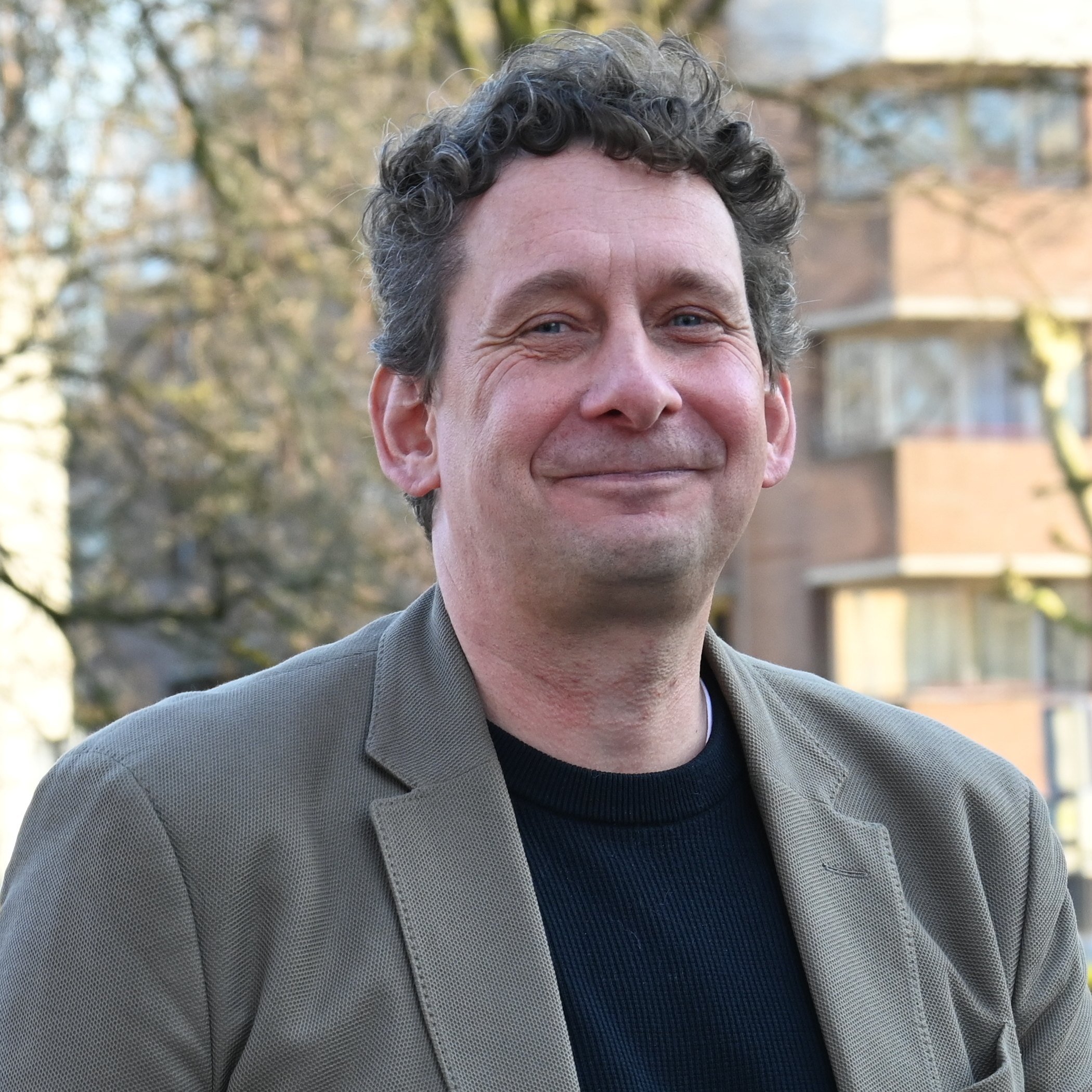
Cecil Konijnendijk
He co-directs the Nature Based Solutions Institute and is an Honorary Professor of urban forestry at the Faculty of Forestry, The University of British Columbia. His research, teaching, and development work of the past 25 years have focused on aspects of urban forest governance, green infrastructure planning, urban forest management, urban ecosystems services, and the relationships between urban people and urban nature. Dr Konijnendijk is widely credited for being one of the drivers behind the development of a European urban forestry research community in the late 1990s and 2000s. He has advised organisations and governments in over 30 countries on their urban forestry programs.
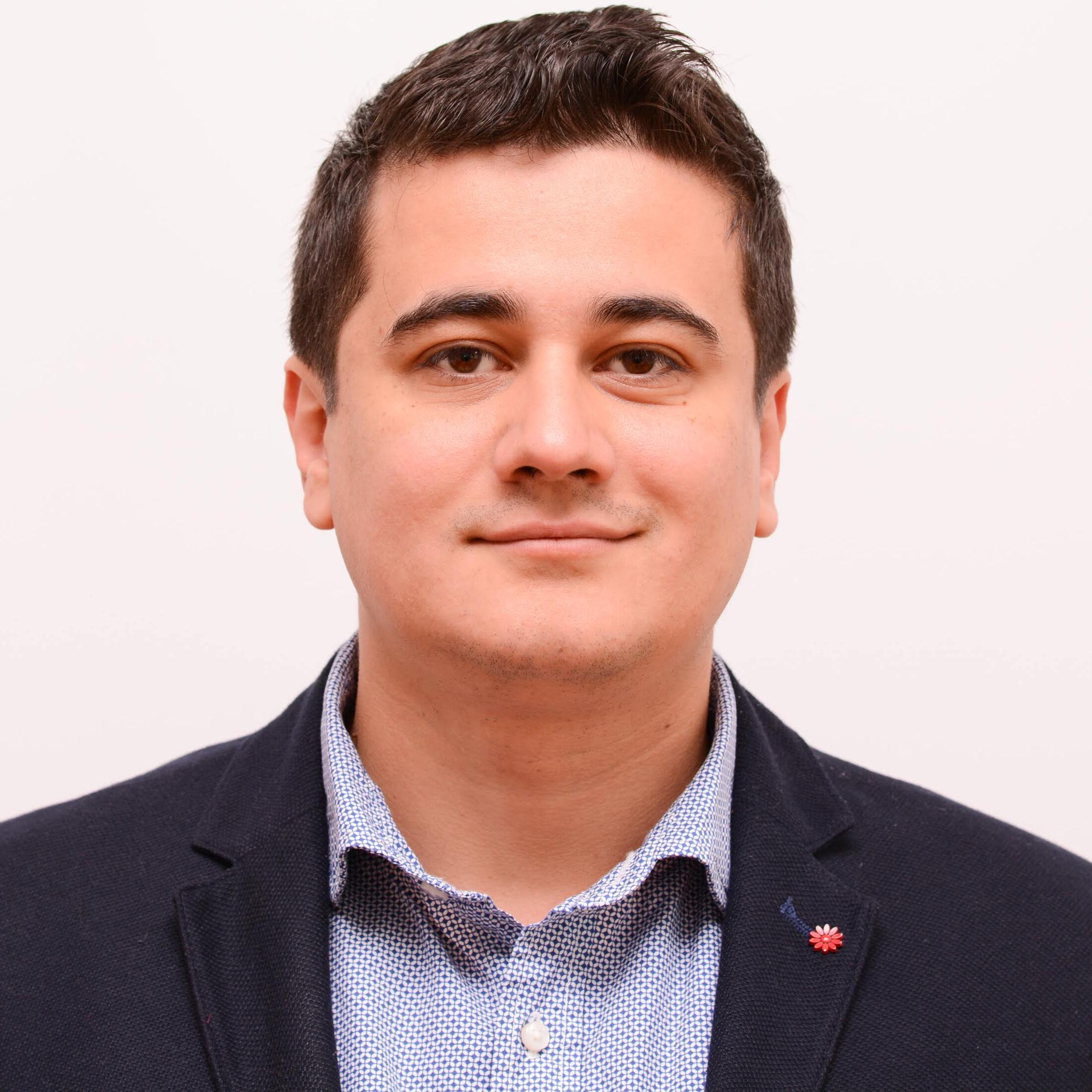
Nita Mihai
He is a specialist in forest management planning, Geographic Information Systems and forest watershed management. He was involved in recent years in several national and international projects regarding forest management and monitoring and watershed management.
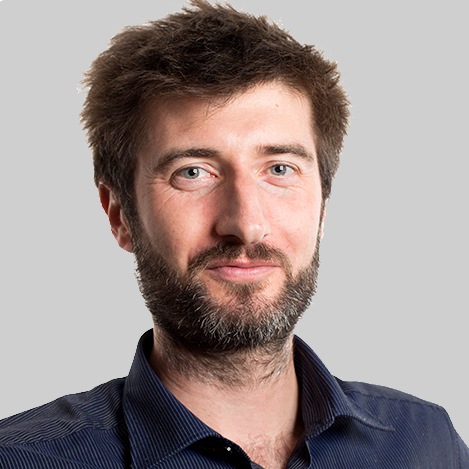
Colm O'Driscoll
He is ETIFOR’s International Development Project Coordinator. Gained practical experience developing own training consultancy (Rapid Results) and in specialized business development, training and acceleration. International experience in forest management and sustainable development (in the United States, Madagascar and Nepal). Works in a forestry and environmental consulting SME in project development, innovation, capacity building and training, more specifically in the forestry sector. He is currently leads development and management of Etifor’s international portfolio of projects.
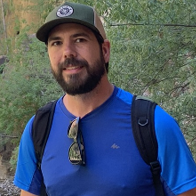
Jorge Olivar
Expert in forest ecology and inventory at Agresta S. Coop, where he’s also responsible for the training area. MSc in Forest Ecology and Management at the University of Freiburg (Germany) and PhD in Conservation and Sustainable Use of Forest Systems at the University of Valladolid (Spain). Associated Professor at the University of Valladolid and member of the Sustainable Forest Management Research Institute, University of Valladolid & INIA (iuFOR).
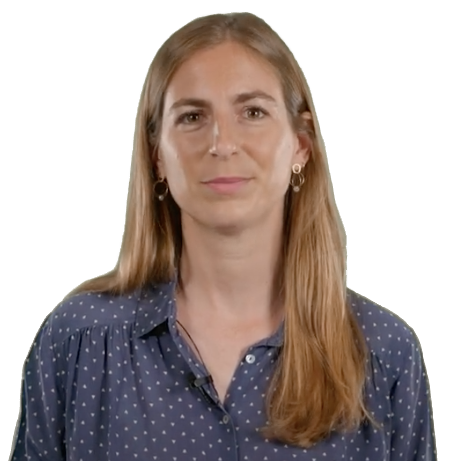
Sofia Paoli
Sofia Paoli is a research fellow at Politecnico di Milano, Department of Architecture and Urban Studies, and her background is in architecture. Her main interests and research are around the topics of urban planning, focusing on urban forestry, urban sustainability and resilience, urban policies strategies, and nature-based solutions.
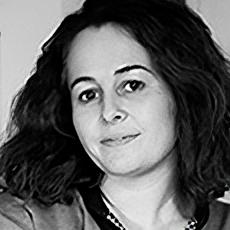
Maria Chiara Pastore
She is associate professor at the Politecnico di Milano. Her work include the research for the implementation of an improved green system in the Greater Milan 2030, Forestami (Milano 2030), the production of the Water Vision for the Masterplan of Tirana (Albania) 2030, the "Safer house construction guidelines" for the country of Malawi, Ministry of Housing (GFDRR); the “Master plan for the City of Dares Salaam”, in Tanzania, Ministry of Lands Housing Human Settlements Development, the Master plan for EXPO 2015 in Milan (with Stefano Boeri Architetti). She has been consultant to the World Bank, member of the scientific committee of the World Forum on Urban Forests, and currently, visiting professor at TU Graz. In 2018 she published the book “Reinterpreting the relationship between water and Urban Planning. The case of Dares Salaam”, with Routledge.
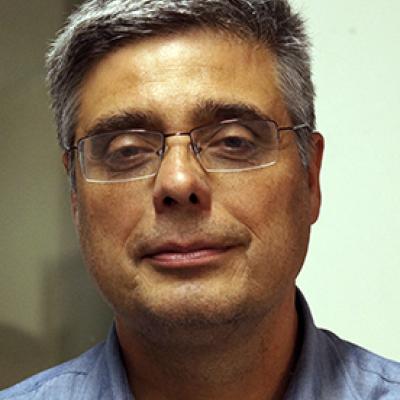
Joan Pino
He is PhD in Biology and MsC in Geographical Information Technologies, is full professor of Ecology at the Autonomous University of Barcelona since 2006 and deputy director at CREAF since 2012. He focuses his research on landscape ecology, particularly the relationship of landscape structure and dynamics with species richness and composition, and on the application of these results in land use planning and management.
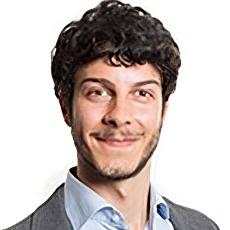
Alex Pra
He has a PhD in forest economics at the University of Padua. He is responsible for strategic and technical consultancy for sustainable investments at ETIFOR, supporting public institutions, companies and investors to choose, realize and manage investments in the forestry and natural resources sectors. His specialized in financial modelling, due diligence, ESG impacts assessment and investments performance monitoring.

Mary-Lee Rhodes
Associate Professor of Public Management in Trinity College Dublin; co-Director of the Centre for Social Innovation; Director of Research - Trinity Business School. Her research is focused on complex public service systems and the dynamics of innovation, value and impact and she teaches management, social innovation and systems transformation in Trinity Business School.
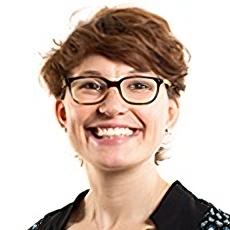
Arianna Ruberto
She has been Etifor's Communication Manager since 2017: an experience that has allowed her to gain in-depth knowledge of environmental communication and green marketing. Her current role consists in coordinating the Marketing and Communication team, developing corporate communication and managing the communication of several environmental projects, both national and international. Her academic background includes notions of visual arts, new media and semiotics that enable her to structure and create effective communication campaigns and content. In particular, semiotics has provided her with the right tools to decode the languages of contemporary communication. Thanks to her experience in companies of different sizes, Arianna has also developed the ability to create comprehensive communication plans by interacting with different experts in the field and to manage online and offline communication activities.
Contact details
If you have any enquiries about the course or if you need technical assistance please contact pok@polimi.it. For further information, see FAQ page.